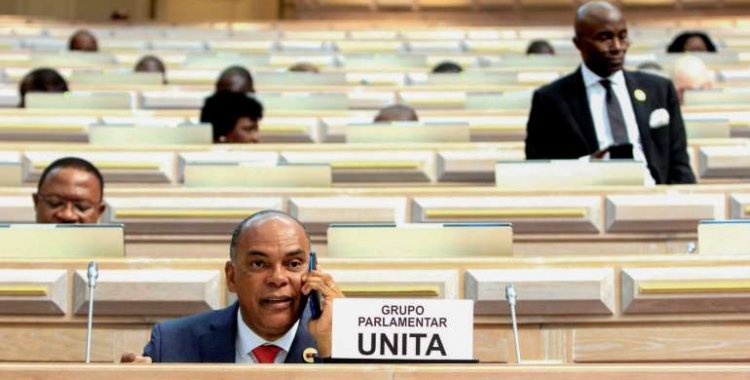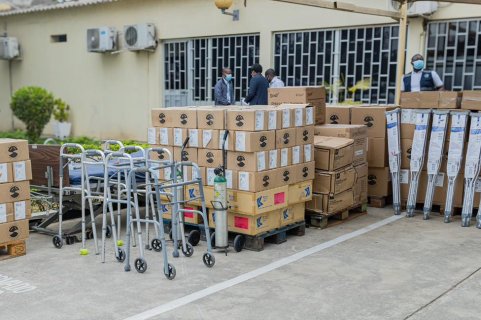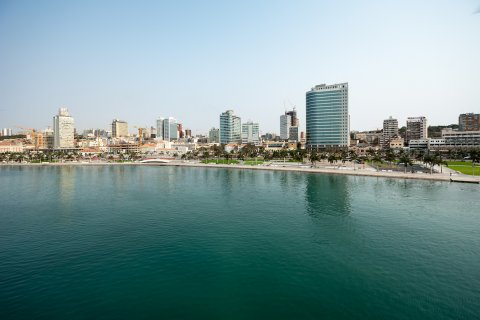The Popular Movement for the Liberation of Angola (MPLA) contradicted the position of the parliamentary group of the National Union for the Total Independence of Angola (UNITA), through the parliamentary group's deputy, Maria da Conceição Palma, guaranteeing that the cholera outbreak is under control.
The latest epidemiological bulletin for March 20 states that the cholera outbreak has, since January of this year, when the outbreak was declared, resulted in a total of 313 deaths and 8141 cases, affecting 14 of the country's 21 provinces.
In the last 24 hours, the country registered 191 new cases and 15 more deaths, six in Cuanza Norte, Luanda (6), Icolo e Bengo (2) and Bengo (1).
The UNITA parliamentary group considers the number of deaths to be high and questions statistical data on monitoring the disease, which show "signs of loss of control".
In her speech, deputy Maria da Conceição Palma said that cholera outbreaks in Angola have been recurrent since the 1970s, "but the big difference between previous outbreaks and the current one is the significant improvement in mortality and morbidity indicators, given the rapid and timely response" from the executive.
"We can say that the situation is under control, not only due to the population's perception, but also due to the numbers, data and indicators," said the deputy from the majority bench.
For Maria da Conceição Palma, factors such as the lack of basic sanitation and access to quality and quantity of water drive the emergence of the cholera outbreak, with cross-border population mobility facilitating the spread of cholera cases between different countries, in addition to the impact of the phenomenon of climate change, especially during the rainy season.
In turn, the deputy of the UNITA parliamentary group, Maurílio Luiele, said that it is worrying "the evident difficulty in controlling" the outbreak, almost three months after its beginning, with an average of 110 cases per day and around five deaths per day, with a mortality rate of 4.5 percent, "considered very high" in relation to "the standards of the disease".
"This suggests that the measures adopted essentially lack a preventive meaning and are fundamentally reactive," he said.
According to the deputy, the measures adopted lack effectiveness, which "calls for an urgent review of the strategy".
"The high number of out-of-hospital deaths is another important indicator that the system has not yet been sufficiently refined," he said.
Maurílio Luiele considered that the current numbers make this cholera epidemic the "worst ever, surpassed perhaps only by the outbreak in 1987, which at that time caught the health authorities completely unprepared".
"Since then, there have been several outbreaks that have given the country enough experience to address this situation consistently. The lack of control in the approach to the disease suggests that this experience is not being properly used and the affected population is the one paying the price," he stressed, calling for mass vaccination of the population at risk.
The report that supported the debate argues that it is necessary to strengthen environmental surveillance, environmental sanitation, health education, and medical and drug assistance in general.
"It is necessary to prevent the persistence of the cholera epidemic from disrupting economic activities in the country, including, for example, a reduction in the influx of tourists," the document highlights.







